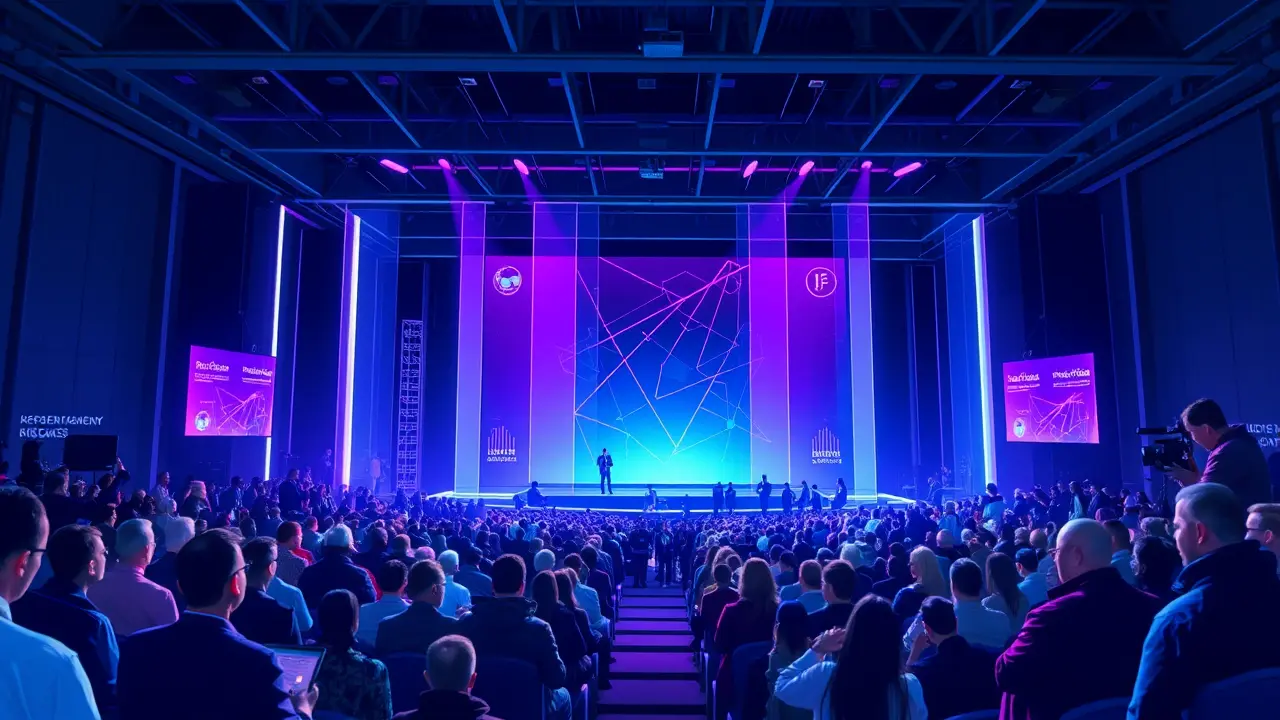
Politicsprotests & movements
International Human Rights Congress Held in Bogotá Amid Crime Threat.
EM
Emma Wilson
2 days ago7 min read
This week, the Colombian capital of Bogotá transforms into the global epicenter for human rights advocacy as it hosts the 42nd Congress of the International Federation for Human Rights (FIDH), a pivotal gathering that brings together more than 400 defenders from over 100 nations. The choice of Latin America for this triennial assembly is both symbolic and strategic, casting a stark, necessary spotlight on a region where the very fabric of civil society is being systematically unraveled by the metastasizing threat of transnational organized crime.These criminal syndicates, operating with near-total impunity from Mexico's cartels to Brazil's Primeiro Comando da Capital, are no longer mere traffickers; they have evolved into sophisticated, parallel states that co-opt institutions, assassinate activists and journalists with chilling regularity, and displace entire communities, creating a human rights crisis of staggering proportions that demands an urgent, coordinated international response. The congress convenes against a backdrop of harrowing statistics: Global Witness reports that Latin America remains the deadliest region for environmental and land defenders, while local NGOs document a dramatic rise in targeted violence against social leaders, particularly in the rural, coca-rich territories of Colombia where the state's presence is a ghost.This is not an abstract debate in a sterile conference hall; it is a war council, a desperate attempt to forge a new, more resilient frontline in a conflict where the rules of engagement are written in blood and corruption. The agenda is dauntingly comprehensive, moving beyond condemnation to actionable strategy—sessions will dissect the weaponization of digital platforms for disinformation campaigns against activists, the critical need for robust protective mechanisms for witnesses and judicial operators, and the complex, often fraught, relationship between state militaries and non-state armed groups.The very location in Bogotá, a city that has lived through decades of internal conflict and now stands as a testament to both the fragile promise and brutal realities of peace processes, serves as a constant, sobering reminder of what is at stake. The outcomes of this congress will reverberate far beyond the Andean highlands, potentially reshaping how multilateral bodies like the UN and the Inter-American Commission on Human Rights allocate resources and political capital, forcing a long-overdue reckoning with the fact that the greatest threat to fundamental freedoms in the 21st century may no longer be the traditional authoritarian regime, but the shadowy, hydra-headed networks of organized crime whose corrosive influence knows no borders.
#human rights
#organized crime
#FIDH
#Latin America
#Bogotá
#featured
Stay Informed. Act Smarter.
Get weekly highlights, major headlines, and expert insights — then put your knowledge to work in our live prediction markets.
Comments
It’s quiet here...Start the conversation by leaving the first comment.
© 2025 Outpoll Service LTD. All rights reserved.